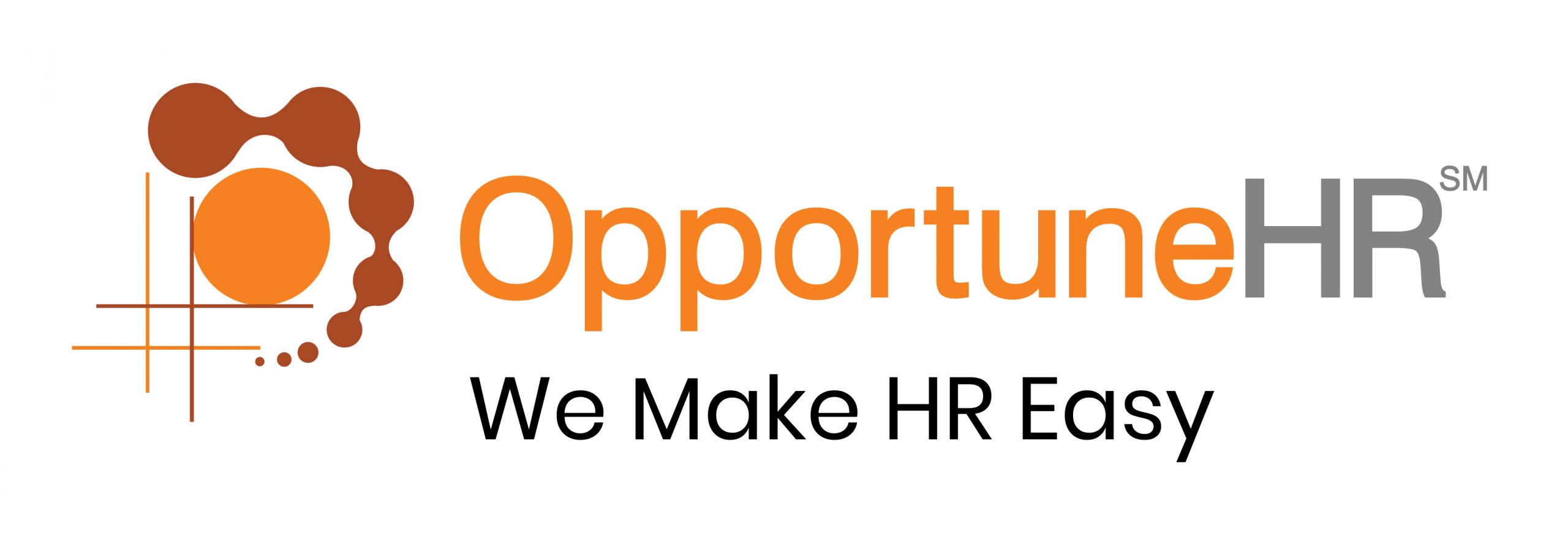
Discover Why OpportuneHR is the best HRMS Software in India! Schedule a Demo OR Call us @ +91 7700-954949

Fix an Appointment
Download PDF
Compensation Management
Simplifying Compensation Management: The Key to Employee Satisfaction and Business Success

Compensation of Management Made Simple!
Managing employee compensation is one of the toughest challenges for HR and finance teams. Balancing employee expectations, company budgets, and legal compliance often feels like walking a tightrope.
Because compensation management is much more than just salary structuring. There are components like direct compensation, indirect compensation, and the most important question on employees’ minds: Their take-home salary!
A good compensation management software makes this complex task easy. Some of the best payroll software also have compensation planning modules built into them. You can configure it as per your compensation strategy, and with some clicks of a mouse, all calculations will be done.

Opportune Payroll Software: Compensation Management Features
-
Salary Structure Master
You can easily develop salary structures that align with your company’s grading system, job roles, and policies. The software automatically calculates all components — from Professional Tax (PT) deductions to tax-saving flexi-pay options. This means employees get the best take-home pay while companies manage CTC within budget — a true win-win.
-
Easy Salary Revisions & Arrears
Raise salaries after appraisals? No problem. Make bulk revisions with complete audit trails showing timestamps and effective dates. Employees, HR, and payroll teams can view revision history transparently.
-
Compensation Analytics for Smart Decisions
Get detailed reports on salary disbursement by department, location, gender, and cost center — all in clear graphs and tables. Use these insights for budgeting, planning, and ensuring fair pay across the organization.
-
Manpower Budgeting Linked to Org Structure
Plan headcount and salary budgets easily by department. Track pending salary budgets in real-time to speed up hiring approvals.
-
Integrated Expense Management
Track all salary-related expenses, including reimbursements, in one place. Mobile app workflows let employees upload receipts and get approvals quickly.

How It Works: The Compensation Management Process
-
Budget & Plan Salary Expenses for the Year
Start by setting a clear budget for total salary expenses. This includes forecasting salaries based on headcount, expected raises, bonuses, and any new hires. Planning ahead helps avoid surprises and keeps your payroll system aligned with company finances.
-
Define Salary Structures Aligned with Compliance and Tax Benefits
Create salary structures that comply with labour laws and tax regulations. This means breaking down salaries into components like basic pay, allowances, bonuses, and benefits. Proper structuring maximizes tax efficiency for both the company and employees, while staying within legal boundaries.
-
Analyze Compensation Data with Built-in Reporting Tools
Use reporting tools to review compensation trends and data. These tools help identify gaps, compare salaries across roles, and ensure internal fairness. Reports also support strategic decisions on raises, promotions, and budgeting.
-
Communicate Salary Details Transparently with Employee Self-Service Portals
Provide employees access to their salary information through self-service portals. Transparency builds trust, reduces payroll queries, and empowers employees to understand their pay components, tax deductions, and benefits.
-
Use Flexi-Pay Options to Optimize Take-Home Pay and Tax Savings
Offer your employees flexible pay options like salary restructuring or benefits conversion to optimize take-home salary.
For example, allowing employees to choose how much goes into tax-saving components (like provident fund or meal vouchers) increases satisfaction and tax efficiency.
This step-by-step process ensures smooth salary management that balances company budgets, legal requirements, and employee happiness.
Some Quick Answers
-
Use Flexi-Pay Options to Optimize Take-Home Pay and Tax Savings
The software helps you create a salary structure master. And then automatically sets default values for all components based on your defined salary structure.
OpportuneHR compensation software module simplifies salary structure design to such an extent that even a business owner can handle it. When you enter the salary, it automatically sets default values—like how much Professional Tax (PT) and other taxes to deduct. And it manages all salary components as per defined policies and compliances.
-
Can we customise salary structures by grade or role?
Yes, salary structures can be tailored per grade, rank, and privileges for flexibility.
-
Does the system support bulk salary revisions?
Absolutely. Salary increments and arrears can be processed in bulk with full audit trails.
-
Can we create a comprehensive compensation package with OpportuneHR payroll
software?Yes, OpportuneHR compensation module helps you create a thorough compensation package that includes:
- Base salary
- Bonuses or incentives
- Benefits such as health insurance, retirement plans, and stock options
- Non-monetary perks like flexible working hours or gym memberships
This mix addresses both financial needs and lifestyle preferences, improving overall employee happiness.
Expert Section
A mini interview with HR thought leader Shamik Vora.

Shamik Vora
Founder at HR4IndiaWhy are competitive salaries important in today's job market?
Shamik Vora: We all know competitive salaries attract good talent. But beyond that, when salary levels are aligned with market trends and minimum wage requirements, it prevents losing employees to competitors.
Competitive pay also helps in employee retention and shows its effect on productivity and performance.
How does a strong compensation strategy affect employee satisfaction?
A well-crafted compensation strategy balances direct compensation (like salaries and bonuses) with indirect compensation (such as health insurance and retirement plans).
This mix increases employee satisfaction, boosts morale, and improves retention.
Companies offering competitive compensation packages often see higher job satisfaction and better overall performance.
What are your suggestions for compensation management in SME companies?
SME business owners often take compensation decisions on a case-by-case basis. My suggestion is to create a fair and transparent compensation philosophy.
A clear philosophy outlines principles such as fairness, competitiveness, internal equity, and alignment with company values.
Transparency in communication builds trust among employees and guides consistent decision-making.
Ready to Simplify Your Compensation Management?

- OpportuneHR – Payroll processing software is designed to make compensation management effortless
- Contact us to experience hassle-free, error-free payroll software that balances employee satisfaction, compliance, and budget control.
What makes Opportune Payroll Software the best?
Our clients say it all - Watch our client testimonials to hear their success stories.
Our compensation Partners

FirstHR Services



